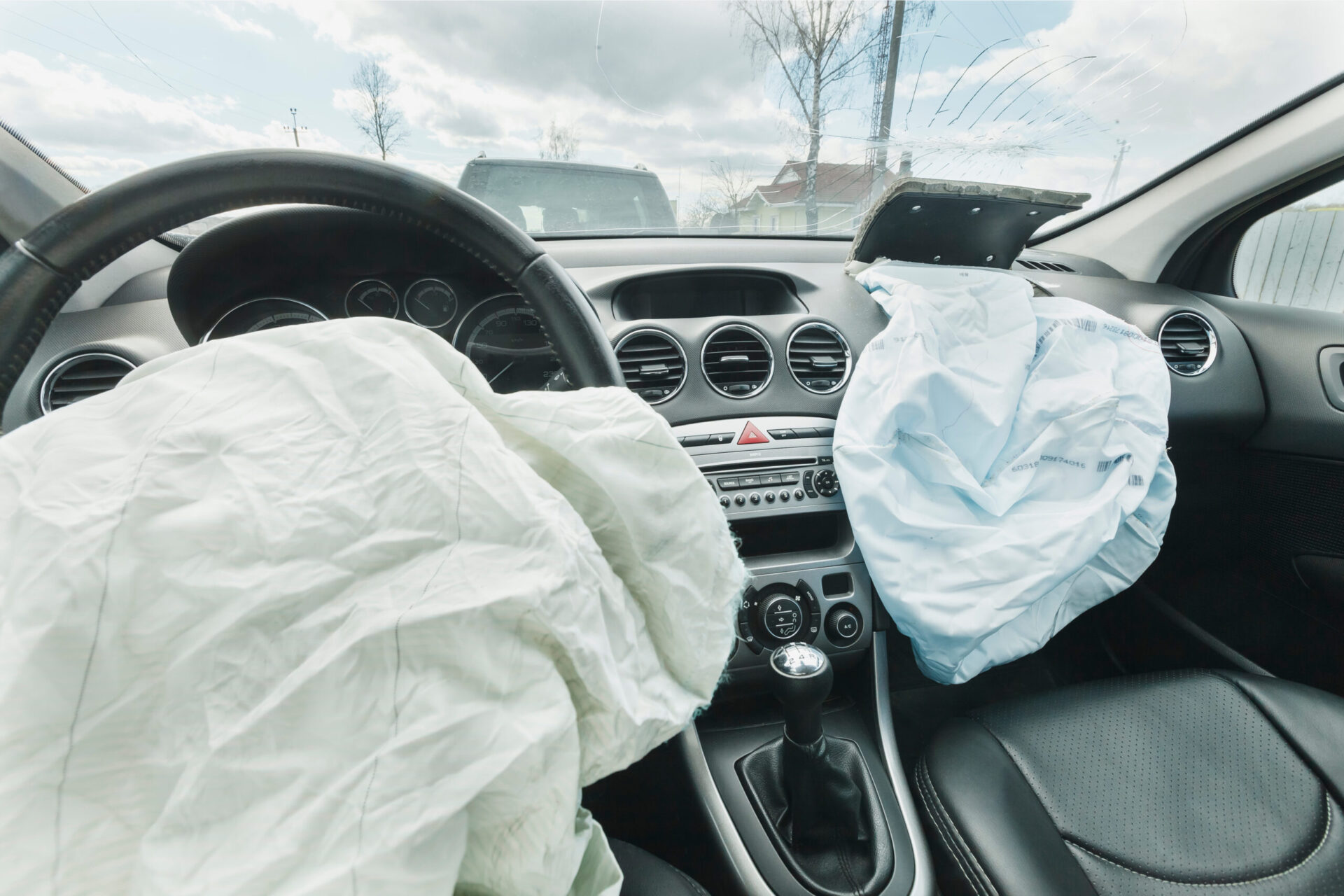Don’t Wait To Replace Your Car’s Airbags

Properly functioning airbags save lives. Airbags are designed to reduce, rather than cause, driver and passenger injuries during an accident by snapping into place at the risk of deploying the bags. However, these safety devices can fail to deploy in some accident scenarios, leaving the vehicle and its occupants prone to oncoming hazards.
How Airbags Work
Airbags are designed to inflate when a crash is detected, but a personal injury can occur if airbag deployment initiates from an impact that does not trigger the devices. For example, the occupant could be restrained by seat belts, and another auto-part-related source would trigger the accident.
How You Can Avoid Airbag Failure
Vehicle occupants can suffer from injuries if your vehicle has been involved in a crash and the airbag did not deploy. The following steps can lead to helping reduce the risk of injury:
- Repair Any Damage to the Vehicle or Engine
A crashed car needs to be repaired and inspected by a professional who knows how to do it. - Drivers Need To Avoid Driving While Distracted
According to AAA research, more than 660,000 auto crashes involve cell phone use yearly. Distracted driving costs millions of dollars in property damage and yearly medical expenses. - Always Drive Safely
Check your airbag’s inflation valves for leaks and drips. These valves may be found inside the car cabin or near your engine.
Take your car to a professional for inspection if you see a leak. It is critical to protect the engine and body of the car from potential harm.
3 Reasons Why Your Car’s Airbags Should Be Replaced
Here are four reasons why your car’s airbags should be replaced before they put you or your passengers at more risk.
- Defective Airbag Sensors
Airbag sensors are supposed to fire the airbags in the event of an accident or when the vehicle sustains a high-impact collision. These sensors are also used to determine whether or not to deploy the airbags during low-speed collisions. However, faulty sensors may improperly deploy your vehicle’s airbags, resulting in severe injury or even death. - Defective Airbag Inflators
Airbag inflators produce the gas that fills airbags in a short period during a collision. They are designed to burst at extremely high pressures and temperatures, releasing the gas into the bags to cushion you and your passengers in an accident. However, defective inflators can produce too much pressure, causing them to rupture during deployment and send dangerous shrapnel through your vehicle’s cabin. - Defective Nitrogen Gas
Nitrogen gas fills your car’s airbags and is commonly used to prevent leakage in many cars and trucks. However, this gas can cause a vehicle to overheat when used in conjunction with airbags that are not properly checked for leaks or defective inflators.
If any of your vehicle’s airbags have malfunctioned, you should consult a qualified automotive technician as soon as possible. You can reduce your risk of injury or death in an accident by taking the time to repair or replace your car’s faulty airbags.
